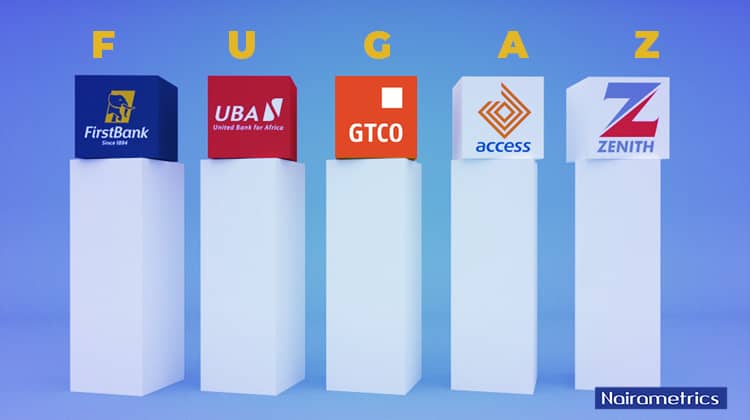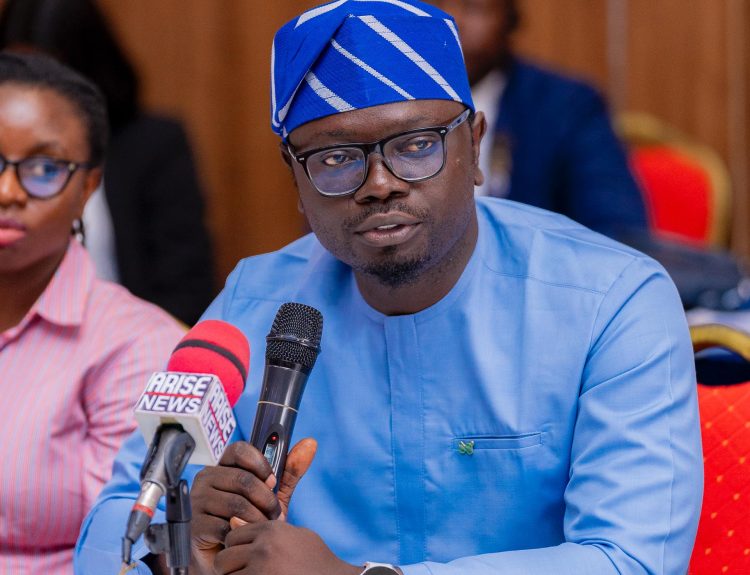In 2024, six of Nigeria’s biggest banks poured a staggering ₦268.7 billion ($171.5 million) into IT infrastructure and tech services, a 74.5% spike from ₦153.8 billion spent the previous year. This surge in investment is largely driven by an industry-wide shift to revamp core banking systems and meet rising customer expectations amid fierce competition from fintech startups.
The banks—GTCO, Zenith, UBA, Stanbic IBTC, FCMB, and Wema—each ramped up their digital transformation efforts. GTCO led the spending spree with ₦88 billion, followed by Zenith Bank at ₦67.3 billion. UBA, Stanbic, FCMB, and Wema spent ₦48 billion, ₦33.5 billion, ₦26.8 billion, and ₦5.55 billion respectively.
Traditional banks have been under pressure since the 2023 naira redesign fiasco triggered widespread cash scarcity, pushing millions of Nigerians toward digital-only platforms like Opay, PalmPay, and Moniepoint. To stay relevant, major banks like GTBank, Zenith, and Access Bank embarked on sweeping system upgrades in 2024.
GTBank adopted Finacle by Infosys, while Zenith Bank switched to Flexcube from Finastra, moving away from legacy systems. However, these transitions weren’t without challenges, with some banks experiencing prolonged downtimes during the switch.
Despite these hitches, experts believe the investments are paying off. Ayodeji Ebo of Optimus by Afrinvest noted that improved digital infrastructure has led to more stable services and reduced transaction failures. However, the weakening naira has doubled the cost of software licenses, many of which are priced in foreign currencies. A core banking tech expert disclosed that Tier-1 banks now spend at least $10 million annually on these licenses.
Beyond just system upgrades, banks see digital adoption as a pathway to expand their customer base. According to FBNQuest’s Gbolahan Ologunro, enhanced digital experiences could draw in Nigeria’s unbanked population, supporting financial inclusion. Financial inclusion in Nigeria climbed to 64% in 2023, up from 56% in 2020, with projections by the CBN aiming for 80% by 2026.
This IT boom is also fueling massive profits for tech vendors like Computer Warehouse Group (CWG) Plc—supplier of Finacle software—which recorded a 428.4% jump in profit to ₦3.04 billion in 2024.
As Nigeria’s banking sector evolves, staying ahead of the fintech curve now hinges on speed, innovation, and seamless digital experiences—not just the strength of physical branches.














